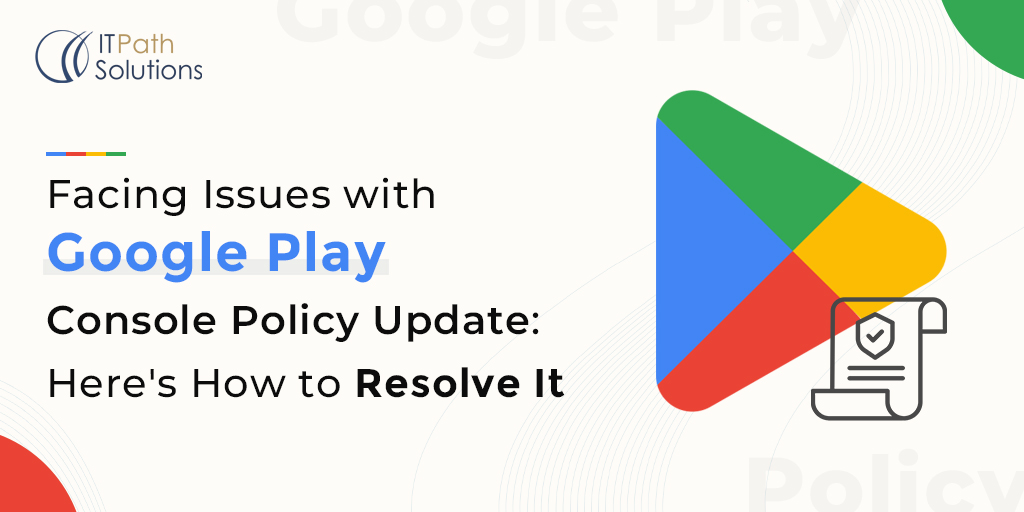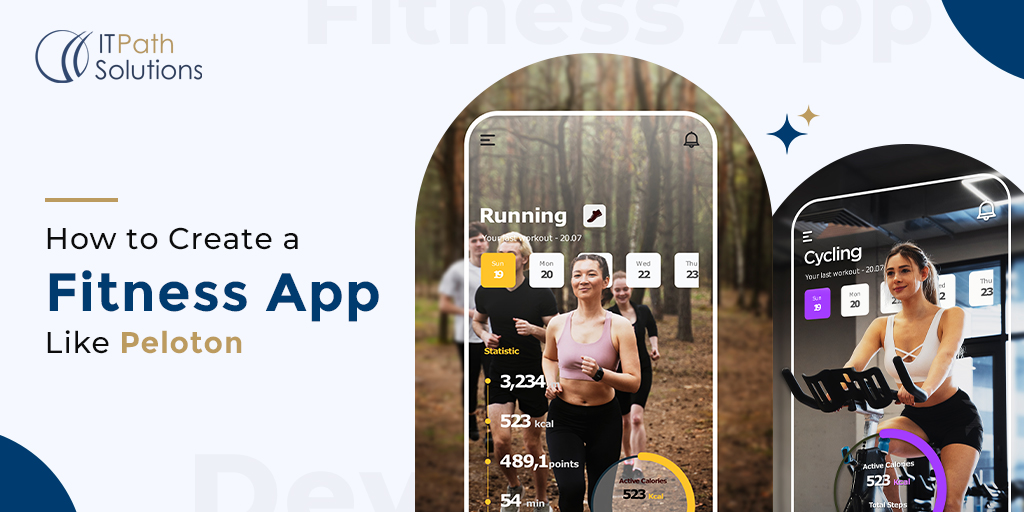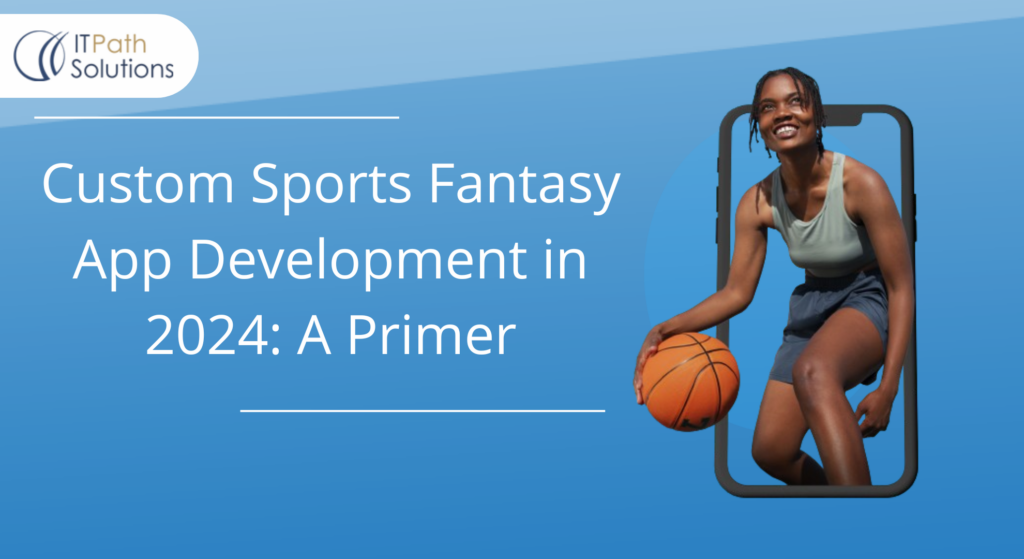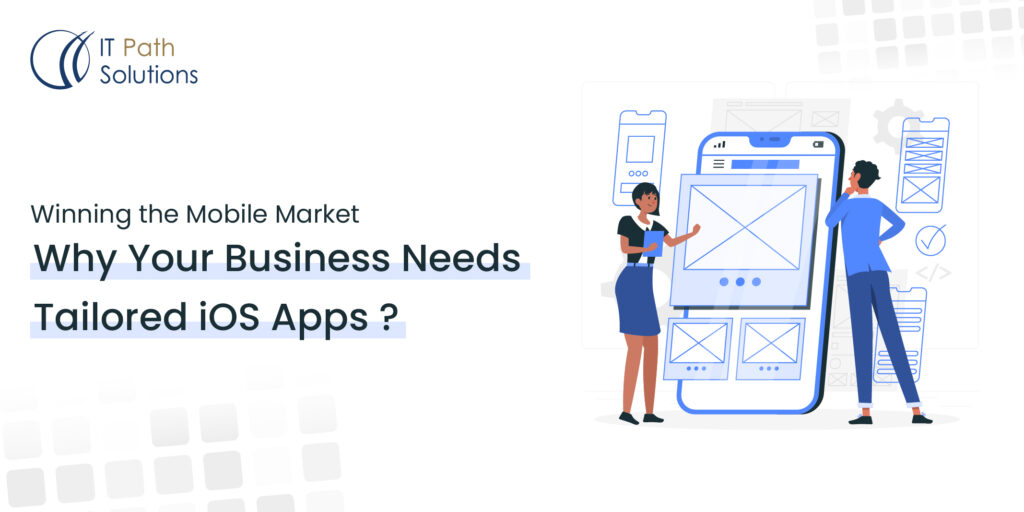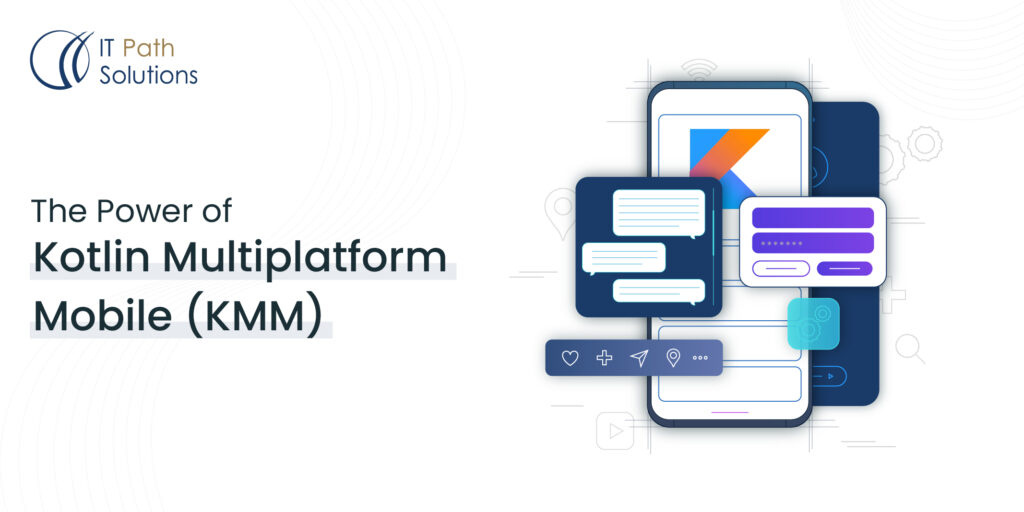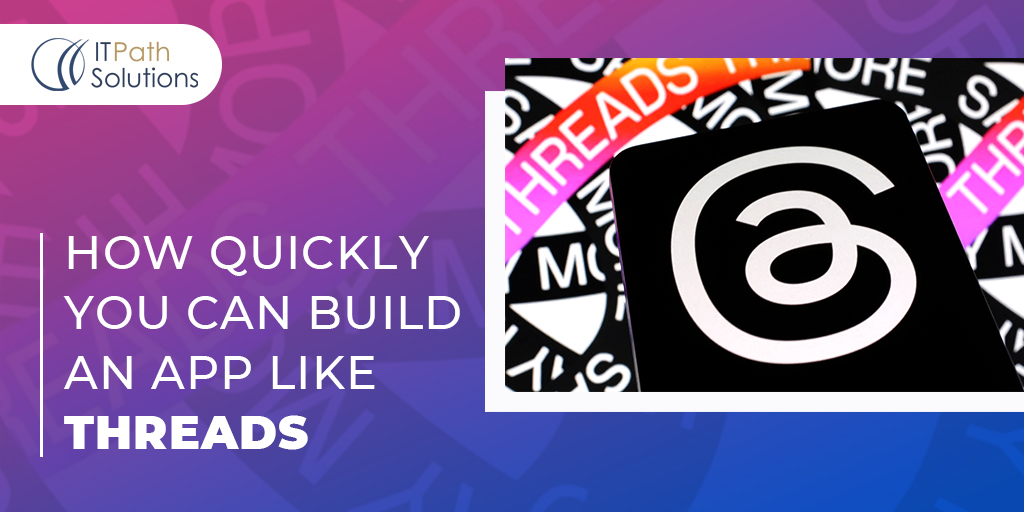How Custom Development Can Help Healthcare Apps
Mobile app development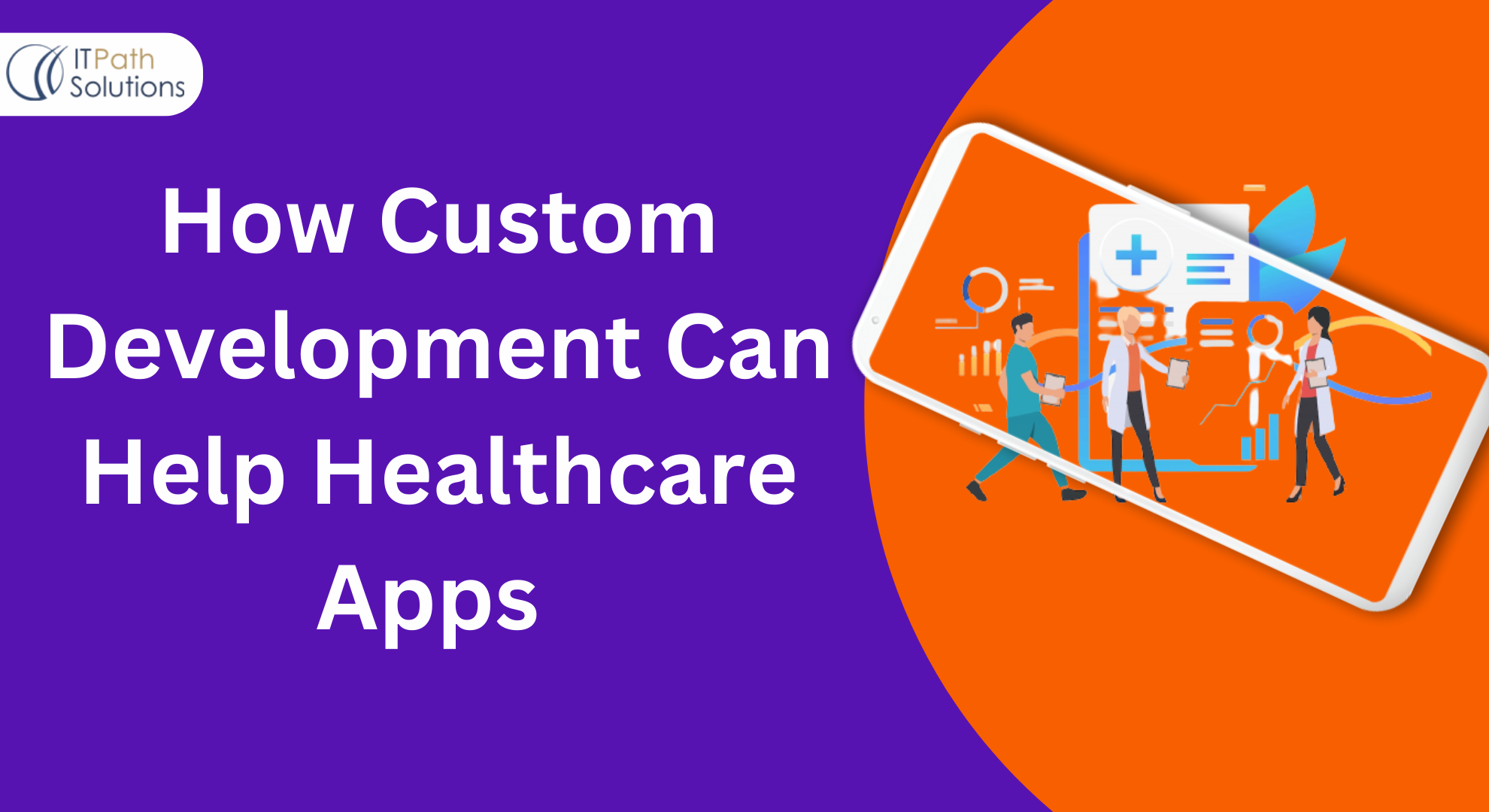
Healthcare App Development
The healthcare app industry has experienced significant growth in recent years due to technological advancements and the increasing demand for accessible healthcare solutions. Healthcare apps have transformed the delivery and accessibility of healthcare services, ranging from telemedicine consultations to fitness tracking and mental health support.
Importance of Custom Development for Healthcare Apps
While there are pre-built healthcare app solutions available, custom healthcare app development offers distinct advantages that cater specifically to the unique needs of the healthcare industry. Custom development allows healthcare apps to be tailored precisely to the requirements of healthcare professionals, patients, and healthcare organizations, ensuring a seamless user experience and optimal functionality.
Custom development empowers healthcare apps to be designed with the specific workflows and processes of healthcare providers in mind, streamlining operations and enhancing efficiency. It enables the incorporation of industry-specific features like secure patient data management, integration with electronic health record (EHR) systems, and compliance with regulatory standards such as HIPAA.
Furthermore, custom development enables healthcare apps to meet the specific needs and preferences of patients. Personalized user interfaces and functionalities allow patients to conveniently access healthcare services, manage their health conditions, schedule appointments, and communicate with healthcare providers.
Benefits of Custom Development for Healthcare Apps
Tailored Features and Functionality
Custom development allows healthcare apps to be tailored to address the unique requirements of healthcare professionals, patients, and organizations. This enables the inclusion of specialized features and functionalities that enhance the app’s usability and effectiveness in delivering healthcare services.
Enhancing User Experience and Engagement
Custom development enables the creation of intuitive user interfaces, personalized workflows, and interactive elements that improve user experience and engagement. By understanding user preferences and behaviors, custom-developed healthcare apps can provide a seamless and enjoyable experience for patients and healthcare providers.
Integration with Existing Systems
Custom-developed healthcare apps can integrate with existing EHR systems, allowing for the secure and efficient exchange of patient data. This integration enables healthcare providers to access comprehensive patient information, streamline workflows, and make informed clinical decisions.
Connecting With Other Healthcare Platforms and Devices
Custom development facilitates integration with other healthcare platforms, devices, and APIs, enabling seamless data exchange and interoperability. This connectivity ensures the smooth flow of information between different healthcare systems, improving care coordination and enhancing overall healthcare delivery.
Enhanced Data Security and Privacy
Implementing robust security measures to protect sensitive healthcare data: Custom-developed healthcare apps can incorporate advanced security features, such as encryption, user authentication, and access controls, to safeguard sensitive patient data. This ensures compliance with data protection regulations and builds trust among patients and healthcare organizations.
Complying with Industry Regulations and Privacy Standards
Custom development enables healthcare apps to be designed with strict adherence to industry-specific regulations and privacy standards, such as HIPAA. By implementing necessary safeguards and privacy controls, custom-developed apps prioritize data security and privacy in the healthcare environment.
Scalability and Future-Proofing
Building a scalable architecture to accommodate future growth and updates: Custom-developed healthcare apps are designed with scalability in mind, allowing them to handle increasing user demands and accommodate future growth. This scalability ensures that the app can support a growing user base, additional features, and technological advancements without compromising performance.
Adapting to Evolving Technologies and Industry Trends
Custom development enables healthcare apps to stay up-to-date with emerging technologies and industry trends. By leveraging the latest advancements, such as artificial intelligence, machine learning, and IoT integration, custom-developed healthcare apps can deliver innovative solutions and remain competitive in the ever-evolving healthcare landscape.
Use Cases for Custom Development in Healthcare Apps
Telemedicine and Remote Patient Monitoring
Custom development allows healthcare apps to tailor their functionalities to support telemedicine services, enabling virtual consultations and remote patient monitoring. This includes features like video conferencing, secure messaging, and real-time vital signs monitoring.
Integrating with Wearable Devices and Health Sensors
Custom-developed healthcare apps can integrate with wearable devices and health sensors, collecting data such as heart rate, blood pressure, and glucose levels. This integration enables healthcare providers to remotely monitor patients’ health conditions and make informed medical decisions.
Electronic Health Records (EHR) Systems
Developing customized EHR systems for efficient data management: Custom development empowers healthcare apps to create EHR systems tailored to the specific needs of healthcare organizations. This includes designing intuitive interfaces for data entry, storage, and retrieval, as well as implementing data validation and security measures.
Incorporating features Like Data Analytics and Reporting
Custom-developed EHR systems can include advanced features such as data analytics and reporting tools. These features allow healthcare professionals to gain insights from large sets of patient data, identify trends, and generate meaningful reports for clinical decision-making and research purposes.
Medication Management and Adherence
Creating personalized medication reminders and dosage tracking: Custom development enables healthcare apps to provide personalized medication management solutions. This includes developing features like medication reminders, dosage tracking, and refill notifications, helping patients adhere to their prescribed medication regimen and improve treatment outcomes.
Integrating with Pharmacy Systems for Prescription Refills
Custom-developed healthcare apps can integrate with pharmacy systems, enabling seamless prescription refill requests. This integration eliminates the need for manual processes, streamlines the medication fulfillment process, and enhances convenience for patients.
Important Features for Custom-Developed Healthcare Apps
User-friendly Interface: An intuitive and user-friendly interface is crucial for healthcare apps to ensure easy navigation and accessibility for both healthcare professionals and patients.
Secure Data Storage and Privacy: Robust security measures should be implemented to protect sensitive patient data, including encryption, authentication, and compliance with privacy regulations such as HIPAA.
Telemedicine Capabilities: Integration of video conferencing, messaging, and virtual consultation features to enable remote healthcare services, connecting patients with healthcare providers from anywhere.
Electronic Health Records (EHR) Integration: Seamless integration with existing EHR systems to access and update patient records, ensuring continuity of care and efficient data management.
Health Monitoring and Wearable Device Integration: Integration with wearable devices and health sensors to collect and track vital signs, activity levels, and other health data for remote patient monitoring and real-time health insights.
Medication Management Tools: Features like medication reminders, dosage tracking, and prescription refill notifications to help patients adhere to their medication regimen and improve medication management.
Appointment Scheduling and Reminders: Capability to schedule appointments, send reminders, and manage calendars, facilitating efficient appointment management for healthcare providers and patients.
Data Analytics and Reporting: Advanced analytics tools to process large sets of patient data, generate meaningful insights, and create comprehensive reports for clinical decision-making, research, and population health management.
Integration with Healthcare Systems and APIs: Seamless integration with external healthcare systems, laboratory systems, pharmacy systems, and other APIs to exchange data and streamline workflows.
Customizable Forms and Templates: Provision of customizable forms and templates to capture specific patient information, allowing healthcare providers to tailor data collection to their practice requirements.
Conclusion
Custom development plays a pivotal role in the healthcare app industry, offering numerous benefits and use cases. By tailoring features and functionality, healthcare apps can meet the specific needs of healthcare providers and patients, enhancing user experience and engagement. Integration with existing systems, such as electronic health records, enables seamless data exchange and streamlined workflows. Custom app development also ensures robust data security and privacy compliance, safeguarding sensitive patient information. Scalability and future-proofing allow healthcare apps to adapt to evolving technologies and industry trends.
 Healthcare
Healthcare  Education
Education  Real Estate
Real Estate  Logistic
Logistic  Fitness
Fitness  Tourism
Tourism  Travel
Travel  Banking
Banking  Media
Media  E-commerce
E-commerce 